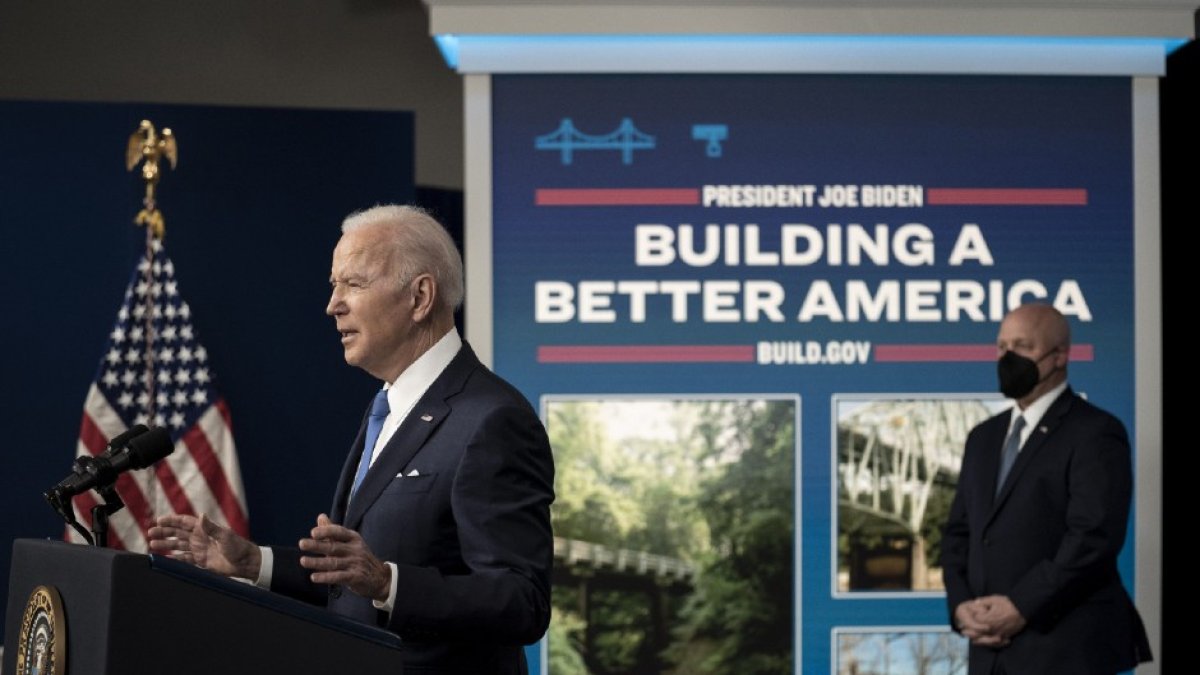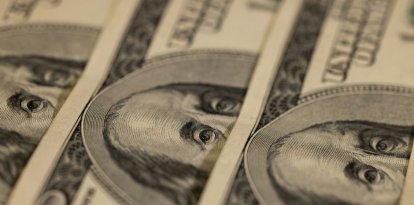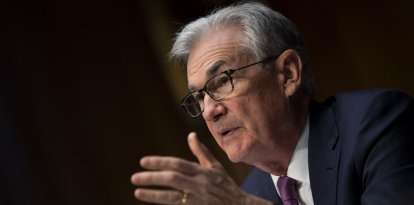BUILDING A BETTER AMERICA: Biden Administration advises soldiers to go on welfare to get a meal
High inflation and the Biden Administration's actions are causing a devastating situation for U.S. soldiers.

Cordon Press
High inflation and the Biden Administration's economic measures are forcing U.S. soldiers to turn to welfare services to ensure that they can afford to put food on the table for themselves and their families.
This is not an analysis or speculation. This is stated in the Official Army Guide, published a few days ago, which even includes links to the Federal Social Assistance Program website and recommends that soldiers turn to the Supplemental Nutrition Assistance Program (SNAP).
Difficult situation
The official document, written by Master Sergeant Michael A. Grinston, unequivocally acknowledges the difficult situation that troops are facing:
"SNAP is a U.S. government program that provides benefits to low-income individuals and families through an electronic benefits transfer card that can be used like a debit card to purchase specific foods at authorized grocery stores. Service members and their families may be beneficiaries," the Army guide explains.
24% of soldiers suffer from food insecurity
The debate about U.S. soldiers' tight pay is not new, but current inflation is pushing troops to the limit, with no real interest in solving it from the current administration. In fact, experts speak directly of "band-aids" as opposed to real and definitive solutions.
Mackenzie Eaglen, an analyst at the American Enterprise Institute, told Just the News:
A "non-optimistic" review of inflation
That's why Eaglen points out that all options involve raising pay and taking a realistic look at how inflation is affecting and will continue to affect service members because it's not something that's going to go away overnight.
Fastest price increases since the 1970s
Federal inflation data released in August show that food prices have risen at the fastest pace since the 1970s. Moreover, authorities such as the Fed have warned that forecasts are not optimistic in the short term. They are opting for measures that will cause families and companies to suffer in the times to come while the main objective of Joe Biden and his team is to deny that the U.S. economy is in a recession.
According to the latest data released by the U.S. Bureau of Labor Statistics (BLS), food prices rose 10.9% in the last year, the largest 12-month increase since May 1979. Likewise, the index for other household items have increased by 15.8% while the cost of cereal and bread has gone up by another 15.0% over this period of time. The rest of the registered food items increased from 9.3% (fruits and vegetables) to 14.9% (dairy and similar products).























